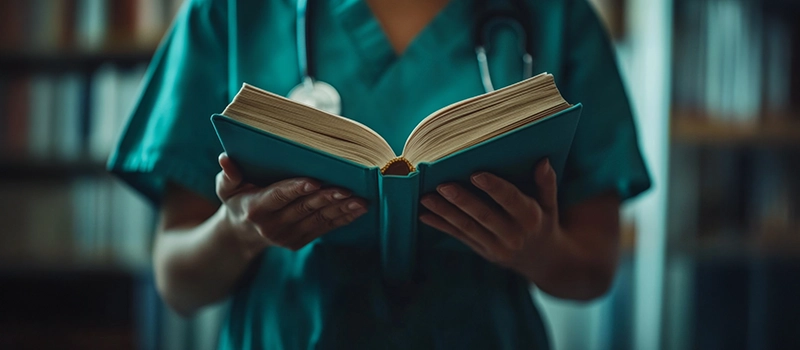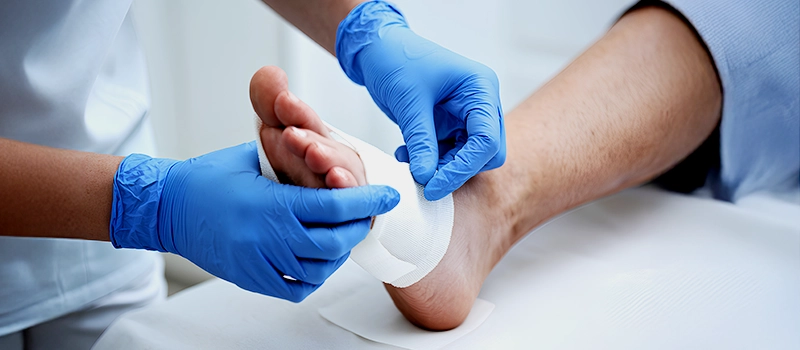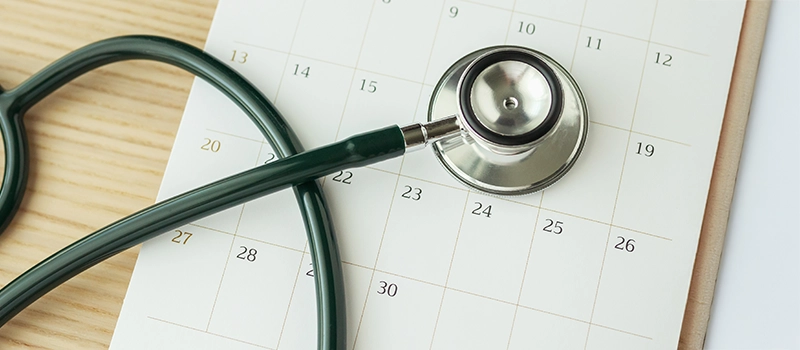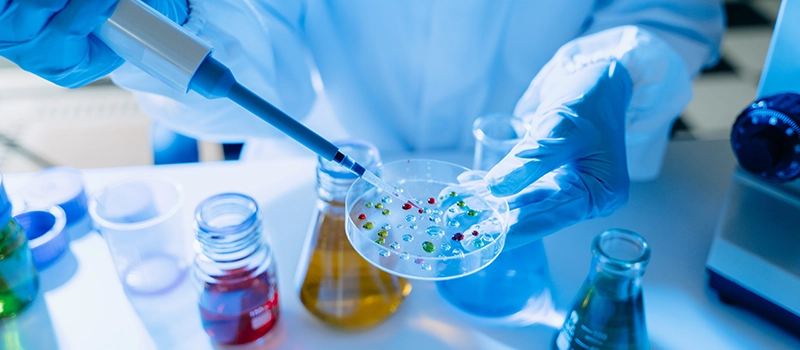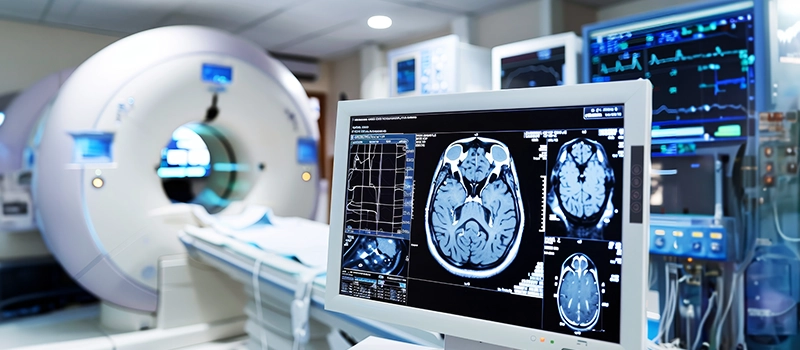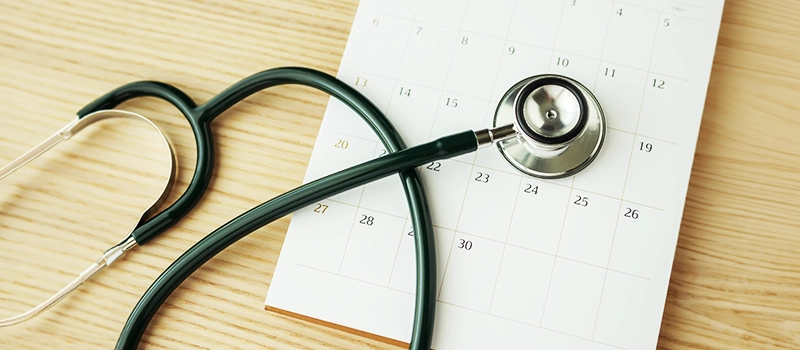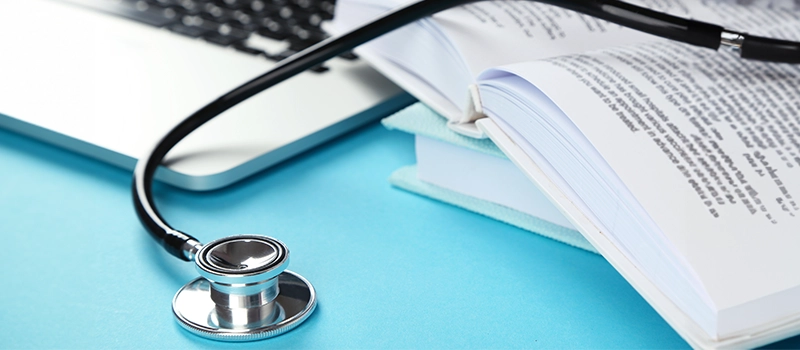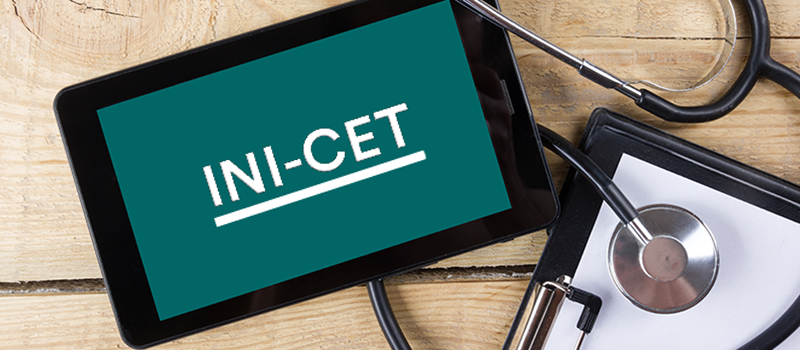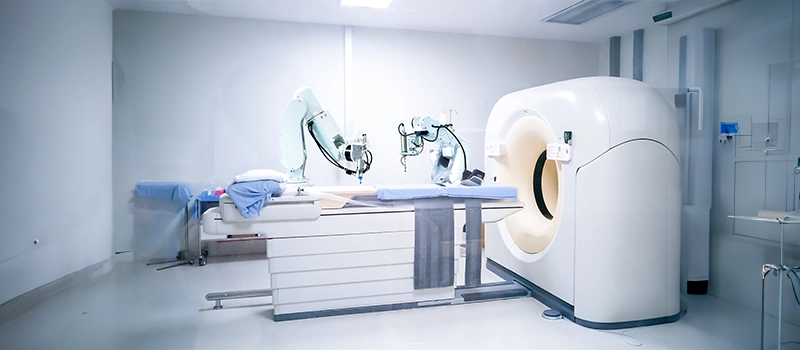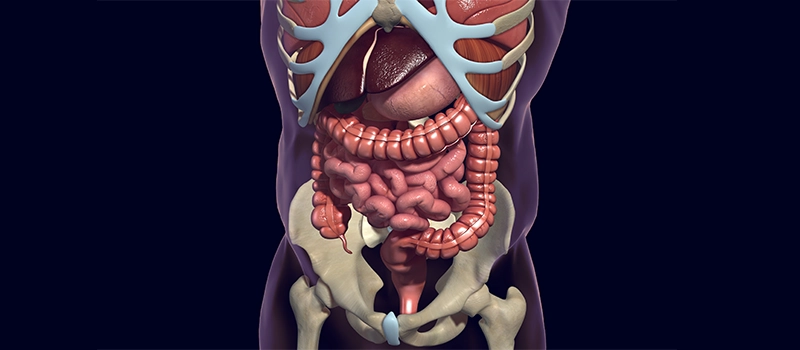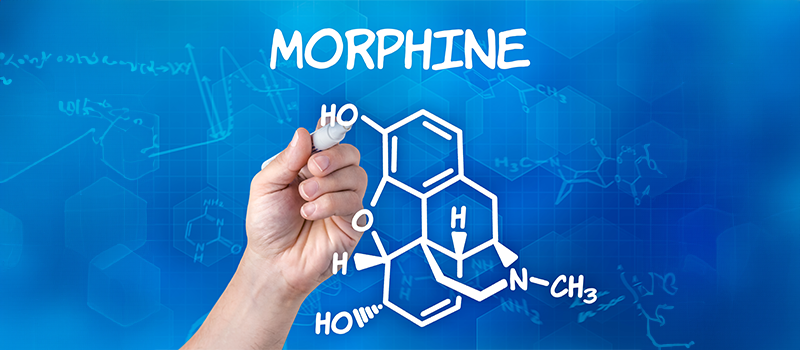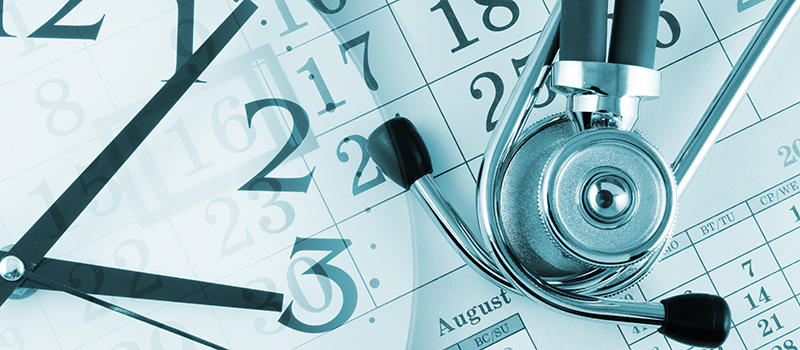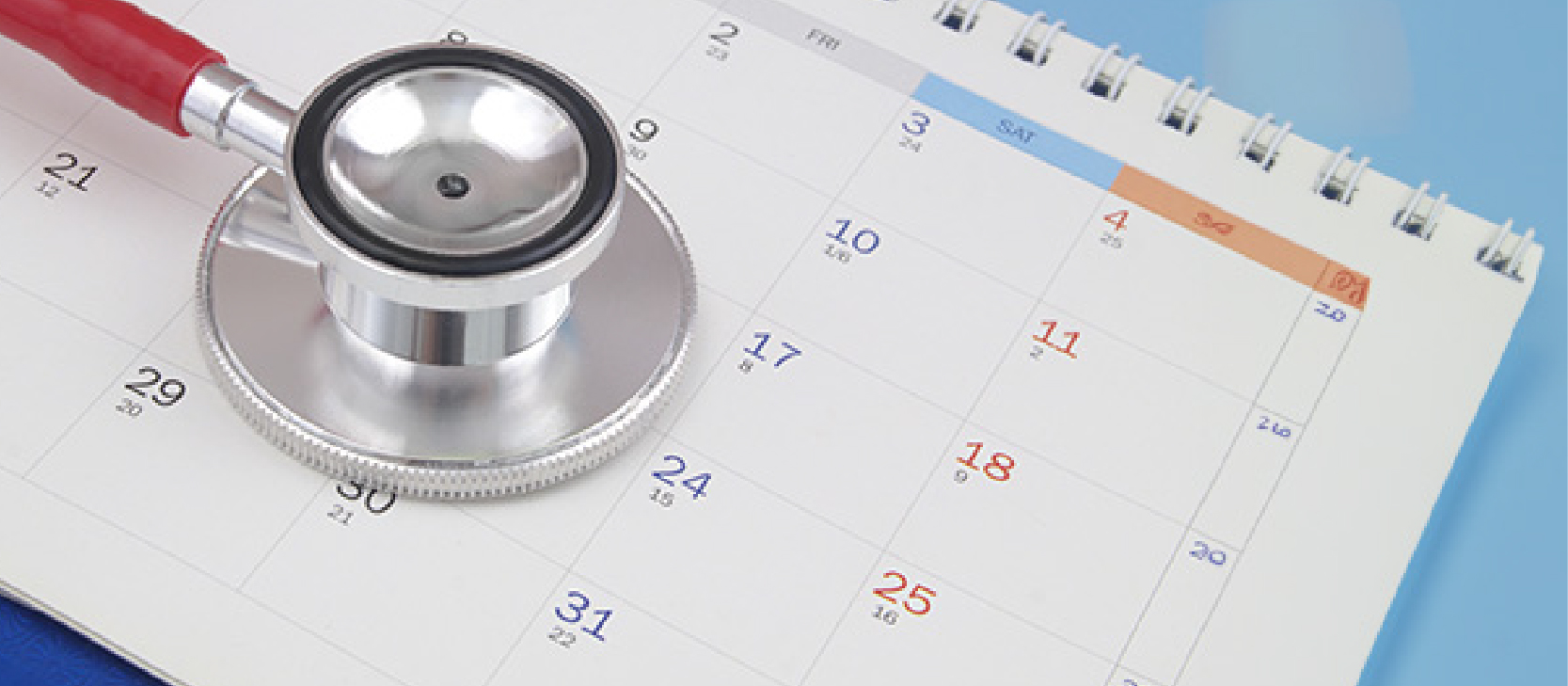
Best Books for Biochemistry in MBBS and NEET PG 2025
Biochemistry is one of the foundational subjects in the MBBS and NEET PG exams. It provides the biochemical basis for understanding physiology, pathology, and pharmacology. For medical students preparing for MBBS or NEET PG 2025, selecting the right textbooks can significantly affect how well you grasp complex biochemical concepts.
In this blog, we will review some of the best biochemistry books that have proven to be useful for both MBBS and NEET PG preparation. Whether you’re starting with the basics or are deep into your revision these books will help you build a strong biochemical foundation and ace your exams.
Self-Assessment and Review of Biochemistry by Rebecca James Perumcheril
This book is an excellent self-assessment tool which makes it an ideal companion for both MBBS and NEET PG aspirants. It’s designed to test your knowledge and help you evaluate your progress throughout your preparation. The book contains multiple-choice questions (MCQs), short answer questions, and clinical-based case scenarios that reflect the pattern of questions asked in exams.
Key Features:
- Latest questions up to January 2017 included with 99% of recent questions from exams in 2016-17 covered.
- Chapter wise concept-oriented study with detailed references.
- Image-based information and image-based questions in each chapter’s review.
- Review based on:
- Harper’s 30th edition
- Lehninger’s 6Th edition
- Robbin’s 9th edition
- High-yield points, mnemonics, and tables for easy recollection.
- Over 22,000 copies of the second edition sold.
- Online author support for learning and clarification.
- Highly recommended by toppers of all PGMEEs.
- Written by one the best subject experts active in PG training programs.
- Thoroughly revised edition with the latest references.
- A must-learn book for all PG entrance examinations.
Textbook Of Biochemistry for Medical Students by Vasudevan DM
This is widely recognized textbook for medical students. It offers in-depth understanding of biochemical processes essential for medical practice. The book is structured in a way that presents theoretical concepts along with practical insights, making it ideal for both undergraduate and application.
Key Features:
- More student -friendly edition with reduced content for easier learning.
- 30% of unnecessary content eliminated to reduce the burden of extra details.
- Improved readability with a larger font size.
- Extensive updates in chapters on clinical chemistry.
- Incorporation of clinical case studies in almost every chapter to highlight the clinical relevance of Biochemistry.
- Clinically relevant points added throughout most chapters.
- Covers recent advances in molecular biology over the past few years.
- Includes essay questions, short notes, multiple-choice questions, and viva voice type questions at the end of almost every chapter for last minute exam preparation.
- Addition of approximately 1000 figures, 200 tables, and 200 boxes.
- Enhanced paper quality in successive editions.
- Revision booklet now included as part of the main text.
Lippincott Illustrated Reviews: Biochemistry (South Asian Edition)
It is a widely used textbook designed to help medical students and those studying biochemistry grasp key concepts in a clear, concise, and visually engaging way. This edition, specifically tailored for the South Asian market incorporates the same high-yield content as the standard edition with slight modifications to reflect regional medical curricula and standards.
Key Features:
- Book is well known for its high-quality detailed illustrations that help visualize complex biochemical processes, making difficult concepts easier to understand.
- Content is presented in a succinct manner with focus on essential information ideal for revision and exam preparation.
- Practical clinical applications are integrated throughout helping students connect biochemical concepts with real world medical practice.
- Each chapter typically concludes with a set of multiple-choice questions (MCQs) and review exercises to assess understanding and prepare for exams.
- Key points and takeaways are highlighted in summary boxes at the end of chapters, reinforcing important concepts.
- Book includes detailed pathways of metabolism, enzyme functions, genetic regulation, and molecular biology all presented with clear diagrams and explanations.
Biochemistry by Satyanarayana
Renowned and recommended textbook for explaining basic concepts concisely. Comprehensive coverage combining both medical and basic sciences, meeting curriculum requirements for students of Medicine, Pharmacy, Dentistry, Veterinary Science, Biotechnology, Agricultural Sciences, Life Sciences and more.
It is first English textbook with multi-color illustrations by an Asian author to simplify understanding of complex biochemical structures and reactions. The subject is presented as a story progressing from basic to advanced topics, with theoretical discussions supported by illustrations, tables, biomedical concepts, clinical correlates and case studies.
Key Features:
- Each chapter starts with a four-line verse followed by the main text, clinical correlated, a summary, and self-assessment exercises.
- Lively illustrations bolded headings and subheadings for clarity and a clear reading path to aid in quick recall.
- Designed to enable students to master the subject and approach exams with confidence.
- Covers the latest topics in Molecular Biology, Biotechnology, Diabetes, Cancer, Free Radicals & Antioxidants, Prostaglandins, and more.
- Include 77 case studies listed at the end of relevant chapters for quick review and better understanding.
- Includes foundational topics such as Bioorganic and Biophysical Chemistry, Tools of Biochemistry, Immunology, Genetics, and Clinical Biochemistry Laboratory principles.
- Provides explanations of biochemical terms origin of biochemical words and common confusions in Biochemistry.
- Emphasizes Practical Biochemistry and Clinical Biochemistry Laboratory practices for hands on learning.
Harper’s Illustrated Biochemistry by Robert K. Murray
It is a widely respected textbook that offers a comprehensive overview of biochemistry for medical students, life sciences students, and healthcare professionals. Known for its clarity and depth this book is often considered a gold standard in the field of biochemistry. The Illustrated edition further learning with high quality diagrams, images and charts, making complex biochemical concepts more accessible and engaging.
Key Features:
- Textbook is heavily illustrated with clear, high-quality diagrams and illustrations that visualize biochemical processes. These visual help students grasp difficult concepts such as metabolic pathways, molecular structures and enzyme mechanisms.
- It covers wide range of topics from basic molecular biology to biochemical basis of disease ensuring a thorough understanding of both fundamental and advanced concepts.
- Book includes clinical examples and case studies that shows how biochemistry applies to real world medicine. This makes the content more relevant for students aiming for medical careers and enhances their understanding of how biochemistry relates to diseases and treatments.
- The text focuses on the most essential and clinically relevant aspects of biochemistry making it a great resource for exam preparation. Key topics such as metabolism, enzyme kinetics, and molecular biology, are emphasized.
- The book also features clinical correlations that link biochemistry with pathology, pharmacology, genetics, and molecular medicine, helping students understand how biochemical abnormalities contribute to disease.
Frequently Asked Questions
- What is the standard book for biochemistry?
| Subject: Biochemistry | Author |
| Biochemistry | U. Satyanarayana & U. Chakrapani |
| Lippincott Illustrated Reviews: Biochemistry (South Asian Edition) | Denise R. Ferrier SAE Editors: Ritu Singh, Rajeev Goyal |
- Is biochemistry important for NEET PG?
Biochemistry is another important subject for NEET PG preparation. With an extensive syllabus, this first prof syllabus is quite challenging to prepare. Students can expect 16 multiple-choice questions from this subject in the exam, which means it must be prepared attentively.
- How many questions come from biochemistry in NEET PG?
NEET PG 2024 Subject-wise distribution of questions
| Subjects | Number of questions in NEET PG |
| PHASE I – Pre-clinical Subjects | |
| Anatomy | 17 |
| Physiology | 17 |
| Biochemistry | 16 |
- How many marks are required for Biochemistry in NEET PG?
The minimum score needed to be eligible for admission to postgraduate medical programmes is the NEET PG cutoff. Each category and institution have a different limit. The cut-off for the general category is usually between 275 and 300 out of 800. It is lower for reserved categories.
Related post





